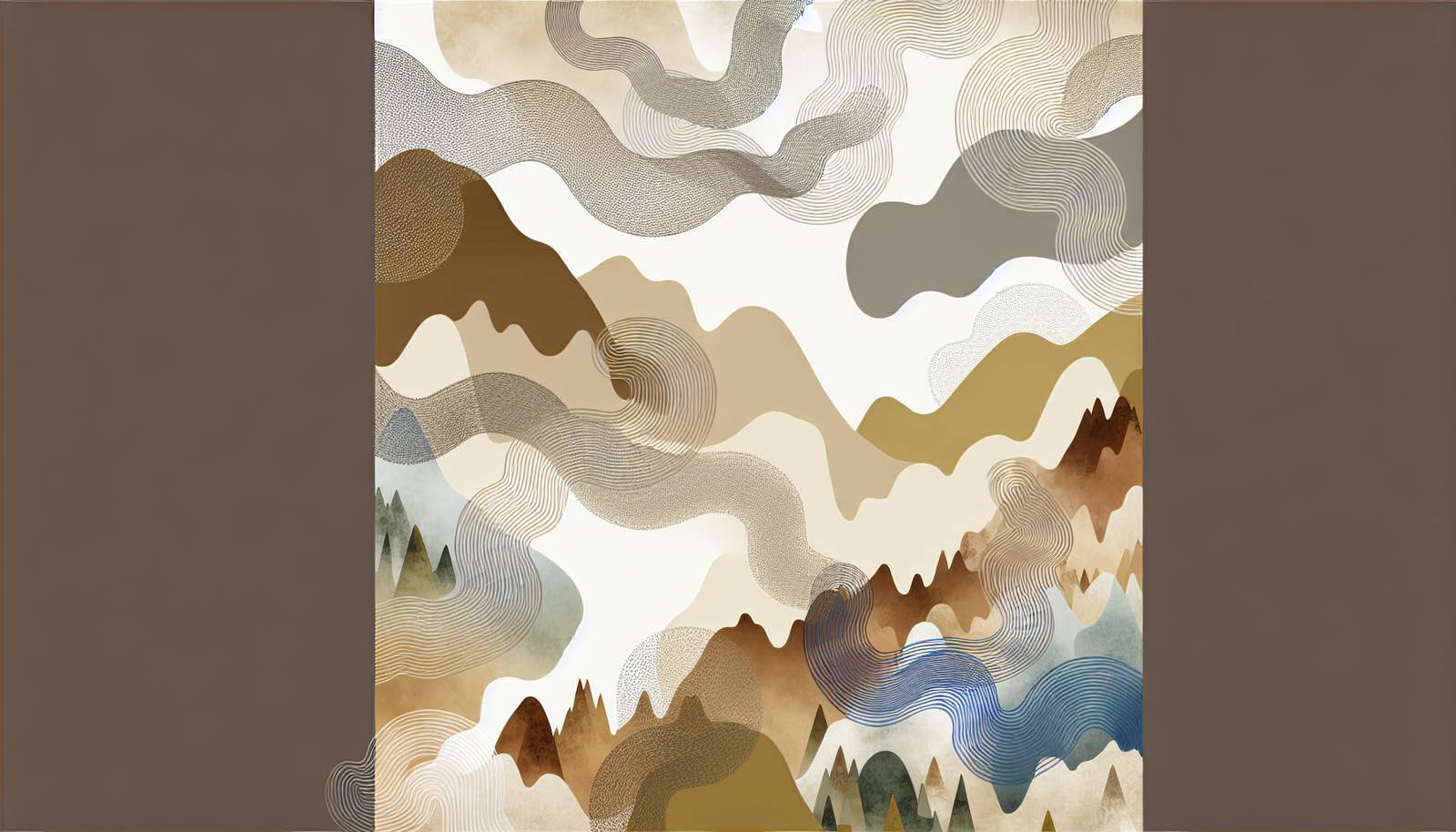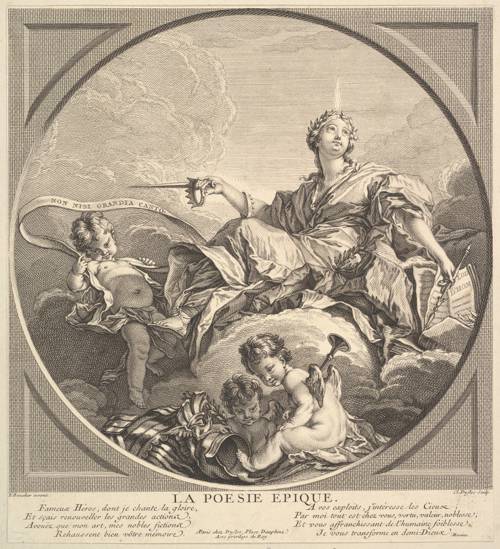
FAQ About Impact of Epic Poetry on Modern Storytelling

What is epic poetry?
Epic poetry is a genre of poetry that originated in ancient cultures, characterized by long narrative poems that detail the extraordinary feats and adventures of heroes. These poems often incorporate elements of myth, history, and folklore, and are traditionally passed down through oral tradition before being written down. Examples include Homer's "Iliad" and "Odyssey," Virgil's "Aeneid," and the Indian "Mahabharata."

How does epic poetry influence modern storytelling?
Epic poetry influences modern storytelling in various ways, including thematic elements, narrative structures, and character archetypes. Many contemporary narratives in literature, films, and games borrow the hero's journey archetype, first outlined in epic poems. They also adopt the grand, adventurous themes and complex characters often found in such epics.

What are some examples of modern films influenced by epic poetry?
Modern films like "The Lord of the Rings" series and "Star Wars" exhibit significant influences from epic poetry. These films employ epic narratives and themes such as the heroic journey, grand battles, and the struggle between good and evil, reminiscent of classic epic poems like "The Iliad" and "The Odyssey."

Can you identify epic poetry's influence in video games?
Many video games draw from epic poetry through their storytelling techniques, character development, and thematic elements. Games like "God of War" and "Final Fantasy" series incorporate epic themes by presenting grand, mythical narratives, complex characters, and quests that echo the structure of traditional epics.

What makes epic poetry different from other narrative forms?
Epic poetry generally distinguishes itself through its lengthy, narrative form composed in a formal and elevated style. It often depicts the heroic deeds of legendary figures and encapsulates cultural myths and values. Unlike other narrative forms, epics often portray universal themes of struggle, gods and fate, making them timeless and influential.

Does epic poetry influence contemporary literature?
Yes, epic poetry has a profound influence on contemporary literature. Authors use structures and themes from epic poems to create expansive narratives and complex characters. Works like "The Dark Tower" series by Stephen King and "American Gods" by Neil Gaiman exemplify the integration of epic storytelling within modern literature.

How does the concept of the hero's journey relate to epic poetry?
The hero's journey, a common narrative archetype, is deeply rooted in epic poetry. It describes the adventures of a hero who goes on a quest, faces challenges, and returns transformed. This structure is evident in epic poems such as "The Odyssey" and continues to shape numerous stories in modern storytelling across various media.

Are there specific storytelling techniques from epic poetry used today?
Yes, contemporary storytellers often incorporate techniques from epic poetry such as the in medias res narrative structure, extensive world-building, and elaborate character development. These techniques help create multifaceted stories that captivate audiences with their depth and engagement.

What role did oral tradition play in the spread of epic poetry?
Oral tradition was crucial for the dissemination and preservation of epic poetry. In ancient times, epics were initially transmitted orally by bards or storytellers, allowing them to reach broad audiences across generations. This method of sharing stories helped cement the narratives within cultures before they were eventually recorded in writing.

How do myths and folklore in epic poetry appear in modern stories?
Modern stories often incorporate elements of myths and folklore from epic poetry, using them as a foundation to build narratives that explore universal themes such as heroism, morality, and conflict. These stories serve to connect audiences with ancient cultural heritage while offering new interpretations suited to contemporary contexts.

In what ways do epic poems depict cultural values?
Epic poems often reflect the cultural values and social norms of the societies from which they originated. They depict ideals such as heroism, honor, loyalty, and the struggle between good and evil, providing insight into the priorities and beliefs of ancient civilizations. These values continue to resonate in modern storytelling.

Why is epic poetry considered important in literary studies?
Epic poetry is considered crucial in literary studies because it not only represents the height of early storytelling but also lays the groundwork for narrative techniques and themes used throughout literary history. Its rich characterizations and archetypes have informed countless works and offer valuable insights into ancient cultures.

How has epic poetry contributed to narrative structures in modern media?
Epic poetry has contributed significantly to modern narrative structures through its use of expansive, interconnected storylines and character arcs. This has inspired complex storytelling in contemporary media, allowing for multi-layered plots and character development that highlight intricate relationships and themes.

What are common themes found in epic poetry?
Common themes in epic poetry include heroism, adventure, the struggle between good and evil, divine intervention, fate, and the exploration of human nature. These themes not only capture the imagination but also address fundamental questions about existence and morality, making them timeless in storytelling.

How do contemporary authors adapt elements of epic poetry?
Contemporary authors often adapt elements of epic poetry by weaving them into modern contexts, blending traditional themes with contemporary issues. They may employ epic narratives, character archetypes, and heroic quests while addressing themes relevant to today’s audiences, such as identity and social justice.

What is the significance of the epic hero archetype?
The epic hero archetype is significant because it represents the idealized human attributes of bravery, strength, and honor. This archetype portrays a central character who embarks on a remarkable journey, faces adversities, and often receives divine assistance, serving as a model for modern protagonists in storytelling.

How is the narrative style of epic poetry reflected in modern storytelling?
The narrative style of epic poetry, characterized by its formal language, invocation of the muse, and detailed descriptions, often influences modern storytelling. Many contemporary narratives adopt similar stylistic choices to evoke grandeur and immerse audiences in expansive, mythic worlds.

Do any modern storytellers explicitly credit epic poetry as an influence?
Yes, many modern storytellers credit epic poetry as a major influence on their work. For example, authors like J.R.R. Tolkien and filmmakers such as George Lucas have openly acknowledged how epic poems like "Beowulf" and "The Aeneid" inspired key elements of their narratives and world-building techniques.

Is there a difference between Eastern and Western epic poetry influences on modern storytelling?
There are differences in how Eastern and Western epic poetry influences modern storytelling. Western epics, like "The Iliad," often focus on individual heroism and direct conflict, whereas Eastern epics, such as the "Mahabharata," emphasize cosmic order and complex moral implications, leading to diverse thematic explorations in contemporary narratives.

What role do gods and supernatural elements from epics play in modern stories?
In modern stories, gods and supernatural elements from epic poetry are often used to symbolize larger forces or internal struggles faced by characters. These elements add depth and complexity to narratives, allowing storytellers to explore themes of destiny, morality, and the juxtaposition of human agency versus divine will.
